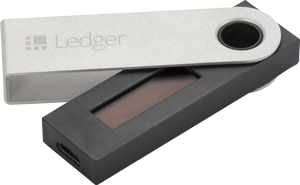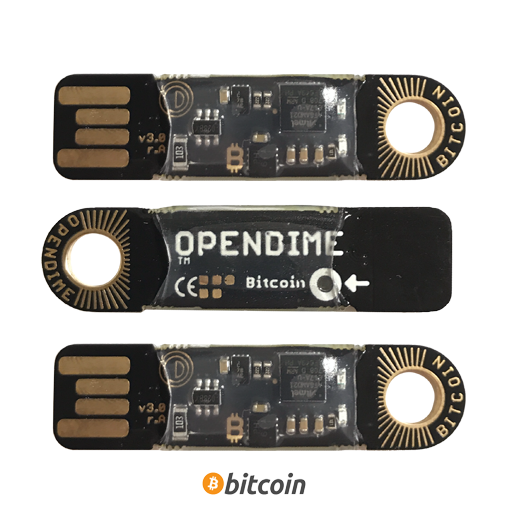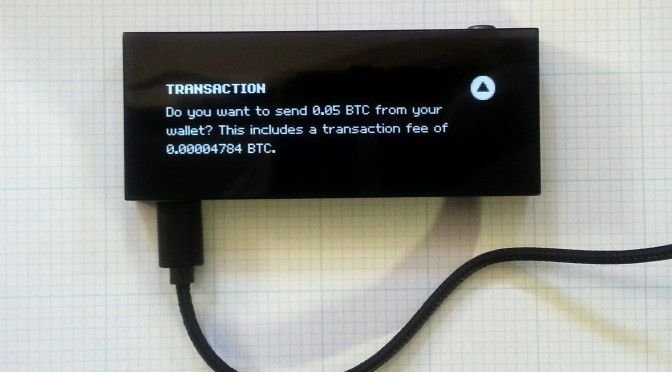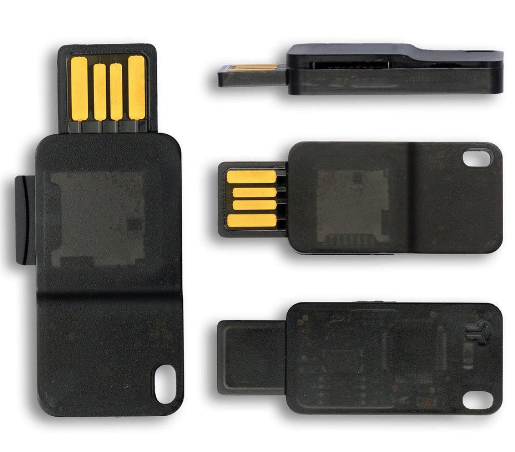Bitcoin is one of the most valuable assets in today’s time and hence good care needs to be taken for the storage of Bitcoins.
There are two kinds of wallets in which Bitcoins can be stored, like any other cryptocurrency, and they are hardware wallets (cold wallets) and online wallets (hot wallets).
What are hardware wallets?
Hardware wallets are physical devices used to store information related to your personal Bitcoin account. Data regarding your cryptocurrency balance are manually downloaded and fed into the hardware wallets and are protected by secure private keys known only to the wallet owner. They are a type of cold wallets known so because of the lack of internet connectivity.
Even though hot wallets like digital wallets are good for easy transactions using Bitcoins, thanks to their connection to the internet, cold wallets like hardware wallets are more preferred for long-term storage of cryptocurrency like Bitcoin.
What are the advantages of hardware wallets?
Below are some of the advantages of hardware wallets:
As hardware wallets don’t rely on the internet, there are no potential hacking threats.
They offer an additional level of security with private keys.
Even viruses on computer devices do not affect hardware wallets as they come with special virus detection features inbuilt.
Hardware wallets can store multiple cryptocurrencies.
Authentication with the registered device is required to perform any transaction using hardware wallets.
Top Hardware Wallets for Bitcoin
Below are some of the best hardware wallets for Bitcoin and other cryptocurrencies.
A) Trezor

Trezor is one of the best hardware wallets for BitcoinTrezor and costs $99. The wallet supports all major operating systems like Windows 7 and above, MacOS 10.8 and above and Linux.
The private key is generated within the Trezor hardware wallet ensuring that no third-party can gain access to the private key.
All the data including private key info, transaction history etc., are automatically backed up by the wallet so that in case the wallet is lost the data remains secure.
A digital signature is required for every transaction and the cryptocurrencies supported by the wallet includes Bitcoin, ETH, XRP, DASH, and ETHC.
B) Ledger Nano S

With a price tag of $68, the Ledger Nano S is cheaper than Trezor. But don’t mistake it to be inferior in terms of features.
The Ledger Nano S is also a very popular hardware wallet and supports multiple cryptocurrencies as well. The Ledger Nano S is connected using a MicroUSB cable as like Trezor.
The Nano S can be used in systems running any operating systems including Windows, MacOS, and Linux as the user interface is actually an extension for Google Chrome. Also, regular updates are pushed on to both the Ledger Nano S hardware and the Chrome extension for added security.
While setting up the wallet, you will need to provide a PIN code which is stored within the microchip in the Nano S and should be used for performing any transaction. There is also two-factor authentication for any transaction performed.
The private key and all other information are stored within the microchip ensuring protection from hackers and other threats. Also even if the device gets stolen or lost, you can restore from backup to restore all data and the PIN code ensures that anyone else cannot use the wallet.
C) OpenDime

OpenDime is another USB hardware wallet and is the first Bitcoin Stick also known as Bitcoin Bearer Bond which means that the OpenDime device is meant to be passed along similar the way we use Dollar bills. It is really fast and easy to use. Exclusive private key and address are created within the wallet ensuring a high level of security.
As the private key is stored within the wallet, there is no risk of the previous owner accessing the wallet content once passed along. The new owner can just change the private key and get going with it.
OpenDime also makes use of a Google Chrome extension in order to provide an interface for the users.
Priced at just $37.50, the OpenDime hardware wallet is also a great option to store Bitcoins offline.
D) KeepKey

KeepKey is another hardware wallet that supports multiple cryptocurrencies like Bitcoin, Litecoin, Dash, Ethereum etc, and is connected using a MicroUSB cable.
Priced at $129 the KeepKey wallet features a small display that shows information related to private key and transactions performed. The firmware on the KeepKey wallet is open-source meaning users can customize the firmware. However, if the device is running a modified firmware, a warning message will be displayed on the screen.
KeepKey also has a client Google Chrome extension that is needed to initiate transactions. All the transactions details are then passed on to the KeepKey device where the authentication and transaction take place, all of which can be viewed on the display featured on the KeepKey hardware wallet.
Every transaction is backed up to protect all the data in case the device gets stolen or lost. All backup data is stored in BIP 44 format so any device that supports BIP 44 standards can recover your account data.
E) Digital Bitbox

The Digital Bitbox hardware wallet is priced at $72.55 and is also a USB type hardware wallet.
The Digital Bitbox features a minimalistic design and also has the option to insert a MicroSD card into it for data backup and recovery. Also, a MicroSD card is included in the box.
The wallet is hidden using a secondary password for added security and the private key generated and used by the wallet has an expiration period of 50 years.
The Digital Bitbox hardware wallet supports Bitcoin and Ethereum for now and supports for more cryptocurrencies are coming soon.
Unlike the other clients, Digital Bitbox has a native client application instead of a browser extension. The client app is open source and supports MacOS, Windows, and Linux.
There is also a mobile app that keeps a record of all transactions for users to verify.
So, these are the top 5 best hardware wallets for Bitcoins.
Hi! I am a robot. I just upvoted you! I found similar content that readers might be interested in:
https://www.gizmotimes.com/blockchain/cryptocurrency/best-hardware-wallets-for-bitcoin-altcoins/26540